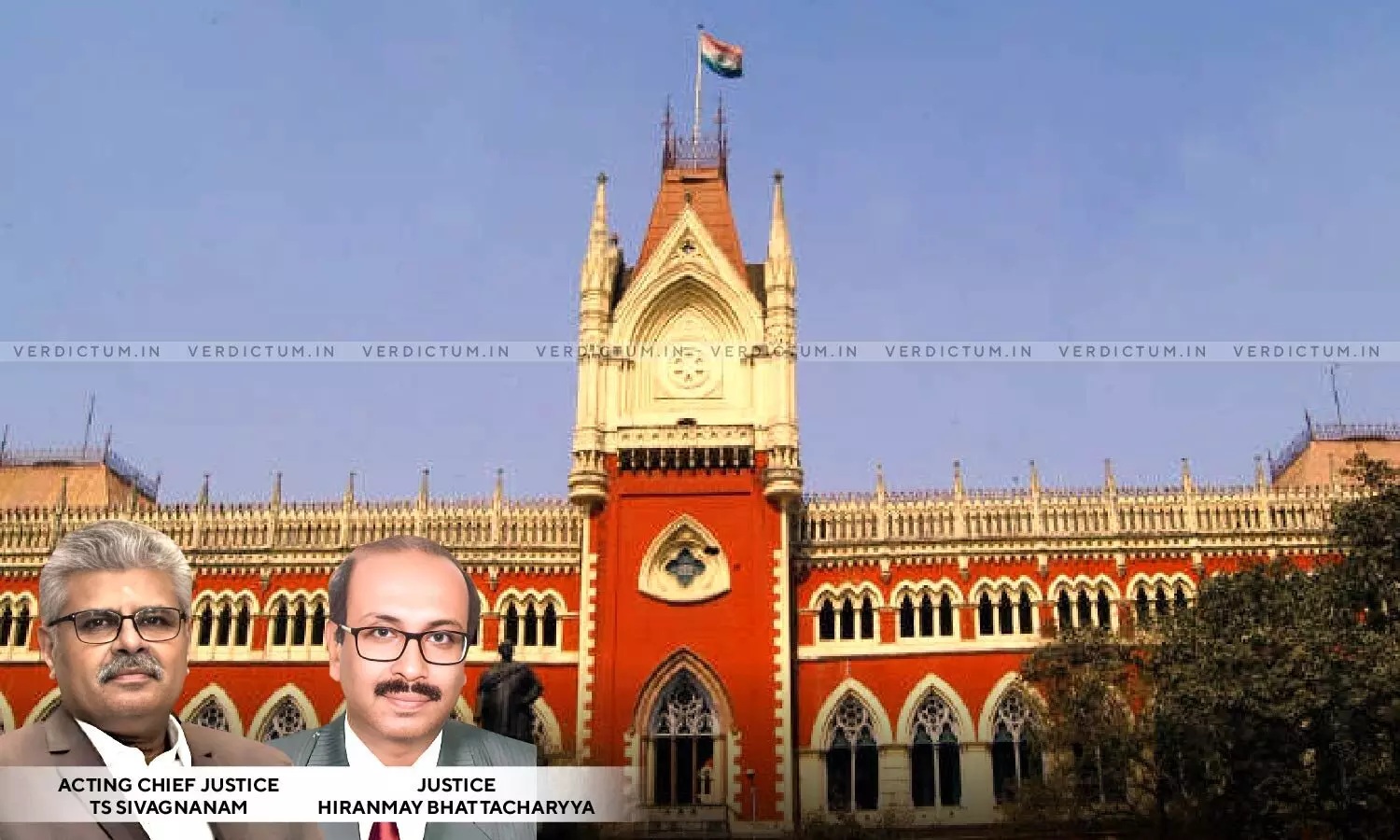
Extended Period Of Limitation Cannot Be Invoked Without Evidence Of Assessee's Omission Or Failure To Give Correct Facts: Calcutta HC
 |
|The Calcutta High Court observed that where the adjudicating authority failed to bring facts that suggested omission or failure on the part of the assessee to give correct facts, an extended period of limitation cannot be invoked by the revenue.
The Court was hearing an appeal by the revenue against the order passed by the Customs, Excise and Service Tax Appellate Tribunal.
The bench of Chief Justice T.S. Sivagnanam and Justice Hiranmay Bhattacharyya observed, “…we find that except for the use of the words “omission and failure”, “suppression of material facts”, “with an intent to evade payment of service tax”, the adjudicating authority has not brought out any facts to substantiate as to how there was an act of omission and failure on the part of the assessee to disclose the correct facts and that it was with an intent to evade payment of service tax. In the absence of these essential elements, it is a settled legal position that the extended period of limitation cannot be invoked.”
Advocate Mr. K.K. Maity appeared for the Appellant and Advocate Satyaprem Majumdar appeared for the Respondent.
The present appeal addresses the issues of whether the respondent/assessee is liable for service tax on mining activities before June 1, 2007, and if the Department can invoke the extended period of limitation for issuing a show-cause notice and demanding service tax. The assessee argued that mining services became taxable only from June 1, 2007, and thus they did not register earlier, believing it unnecessary.
The Court relied on the decision of the Supreme Court in Commissioner of Central Excise & Customs (Kerala) vs. Larsen & Toubro Limited reported in 2015 (39) STR 913 (SC) where the SC referred to various decisions and quoted, “If the person sought to be taxed comes within the letter of law he must be taxed, however great the hardship may appear to the judicial mind to be. On the other hand, if the Crown seeking to recover the tax, cannot bring the subject within the letter of law, the subject is free, however apparently within the spirit of law, the case might otherwise appear to be. In other words, if there be admissible in any statute, what is called an equitable, construction, certainly, such a construction is not admissible in a taxing statute where you can simply adhere to the words of the statute.”
The Court observed, “…if the State seeking to recover tax, cannot bring the subject within the letter of law, then it goes without saying that the subject is free.”
Accordingly, the Court said that the appellant was rightly granted relief by the Tribunal and the order does not call for any interference.
Finally, the Court dismissed the appeal by revenue.